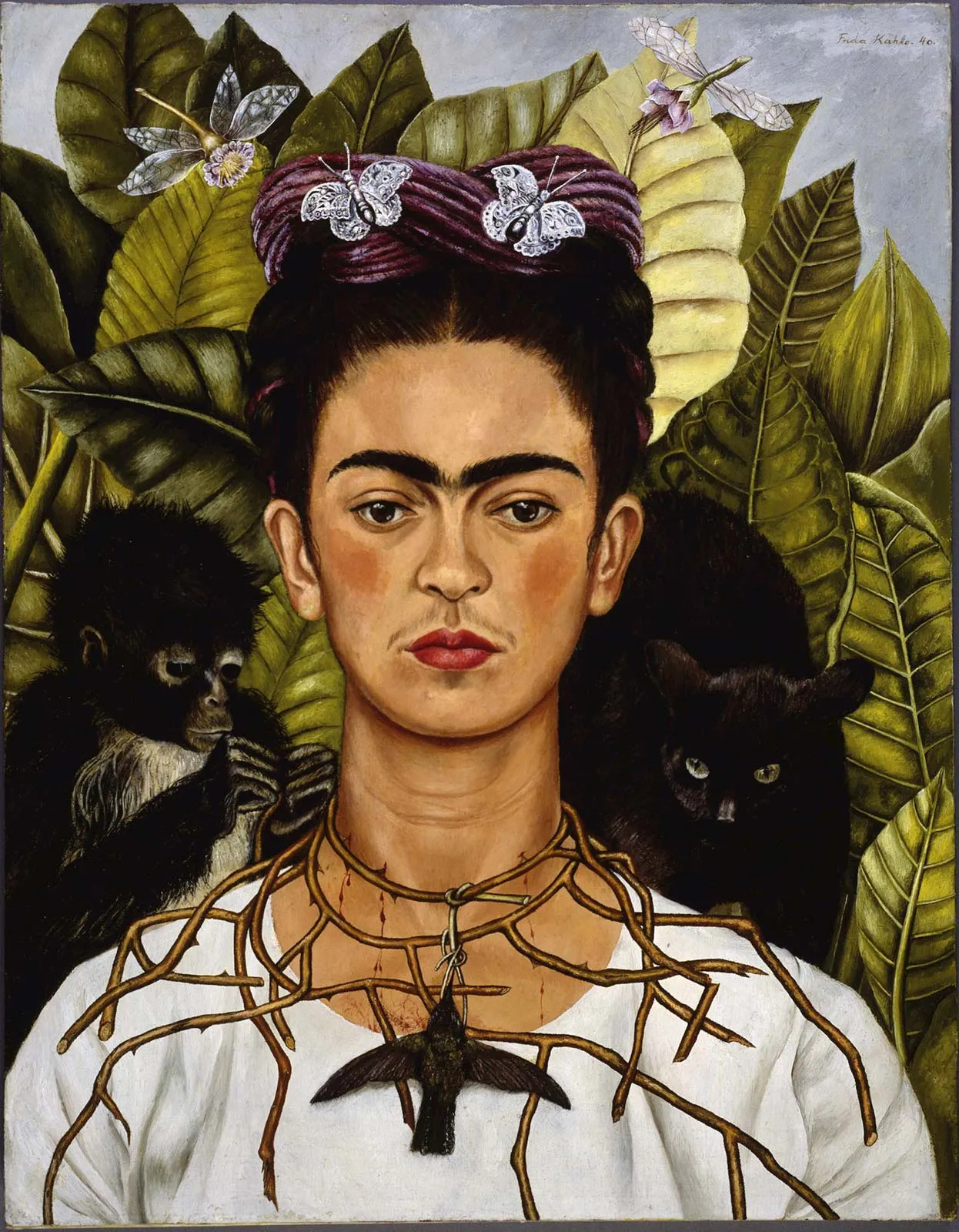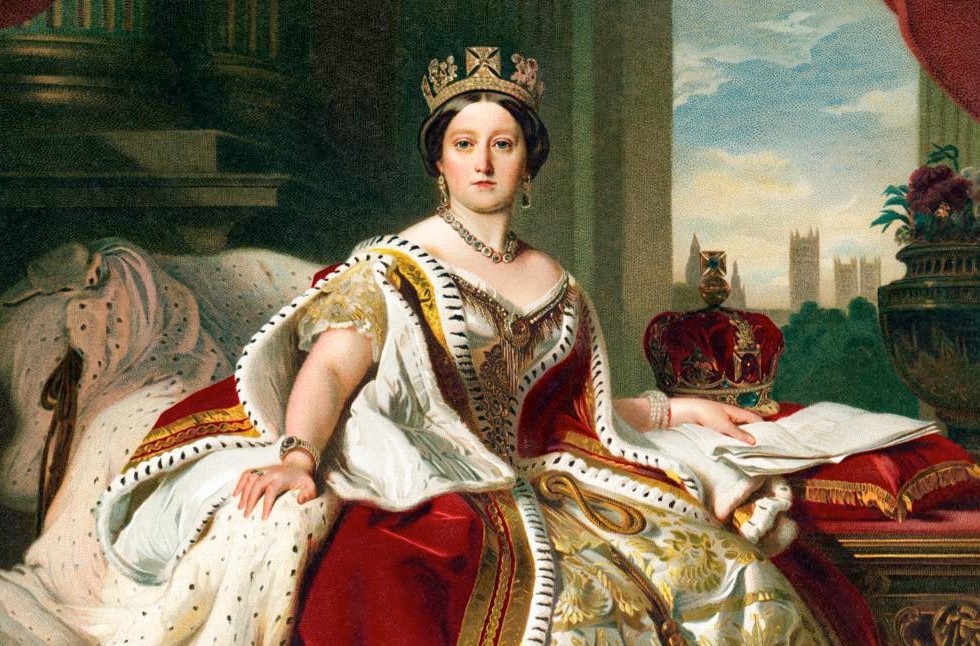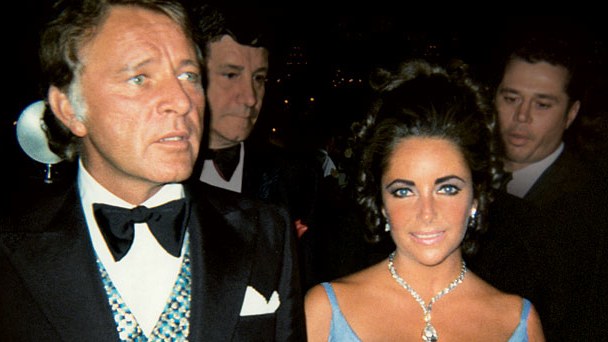
Twelfth Night, celebrated on January 5 (and also called Epiphany Eve), is the traditional last day of the Christmas holiday festivities. It also marks the adoration of the Magi, and many cultures celebrate it as almost a second Christmas Eve. It marks the start of the Carnival Season which ends on Mardi Gras. Beginning in Tudor England (1485-1603), Twelfth Night was often commemorated with a large festive party - lots of cake and ale - to mark the end of the Winter Festival. William Shakespeare wrote his joyous comedy, "Twelfth Night, or, What You Will" (1600), to be performed at Twelfth Night feasts. The illustration shown here is William Harrison Ainsworth's "Mervyn Clithroe's Twelfth Night Party by 'Phiz'" (c 1840).
William Shakespeare’s high comedy, “Twelfth Night, or, What You Will,” (1600), centers on themes of love – unrequited love, lost love, secret love, fickle love. But another theme is also explored – carpe diem, or “seize the day.” The idea that we should embrace life and live it to the fullest and in the present was a very modern philosophy for Shakespeare (1564-1616) to tuck into a 17th Century play. Plays during the Elizabethan Era were generally moralistic in nature, reflecting the prevailing Puritanism.
Now let’s slip into a scene in “Twelfth Night” in which carpe diem is expressed:

detail from painting, "Twelfth-Night (The King Drinks)" 1634-40 by David the Younger Teniers show the Court Jester entertaining a crowd.
Act II, Scene iii opens in Olivia‘s vast house in dreamy Illyria on the Adriatic Coast. As Olivia is a rich noblewomen in step with the fashion of the day, she keeps a clown on staff whose name is Feste. Feste is a witty jester dressed in crazy clothes. His job is to say clever things, tell his mistress the truth (as would any decent court jester), and amuse her and her guests, who, at this moment, include her alcoholic uncle Sir Toby Belch and his drinking buddy, Sir Andrew Aguecheek, a bumbling knight who has his eye on Olivia for a bride.
It is quite late at night when we join Sir Toby and Sir Andrew in the drawing room. They have been drinking quite a lot. By the time Feste the Clown joins them, they have gotten so noisy and stinking drunk, they are disturbing the peace of the sleeping household.

"Twelfth Night, or, What You Will," Act II, Scene iii: (l to r) Feste the Clown, Sir Toby Belch, and Sir Andrew Aguecheek whoop it up with a drink and a song, rousing the household in the wee hours of the morning.
Both Sir Toby and Sir Andrew are in the mood to hear a song. Sir Toby gives Feste sixpence to sing a love song. Feste obliges. His beautiful song – “O Mistress Mine” – is an ode to free-spirited, impulsive, and delicious love. Life is short; you’ve got to grab joy when it’s within reach:
O mistress mine, where are you roaming?
O, stay and hear! your true-love’s coming,
That can sing both high and low.
Trip no further, pretty sweeting,
Journeys end in lovers meeting—
Every wise man’s son doth know.
What is love? ’Tis not hereafter;
Present mirth hath present laughter;
What’s to come is still unsure:
In delay there lies no plenty;
Then come kiss me, sweet and twenty,
Youth’s a stuff will not endure.
(1) The Complete Pelican Shakespeare. New York: The Viking Press, 1969.
Readers, for more “Talk Like Shakespeare Today” posts, click here.





























